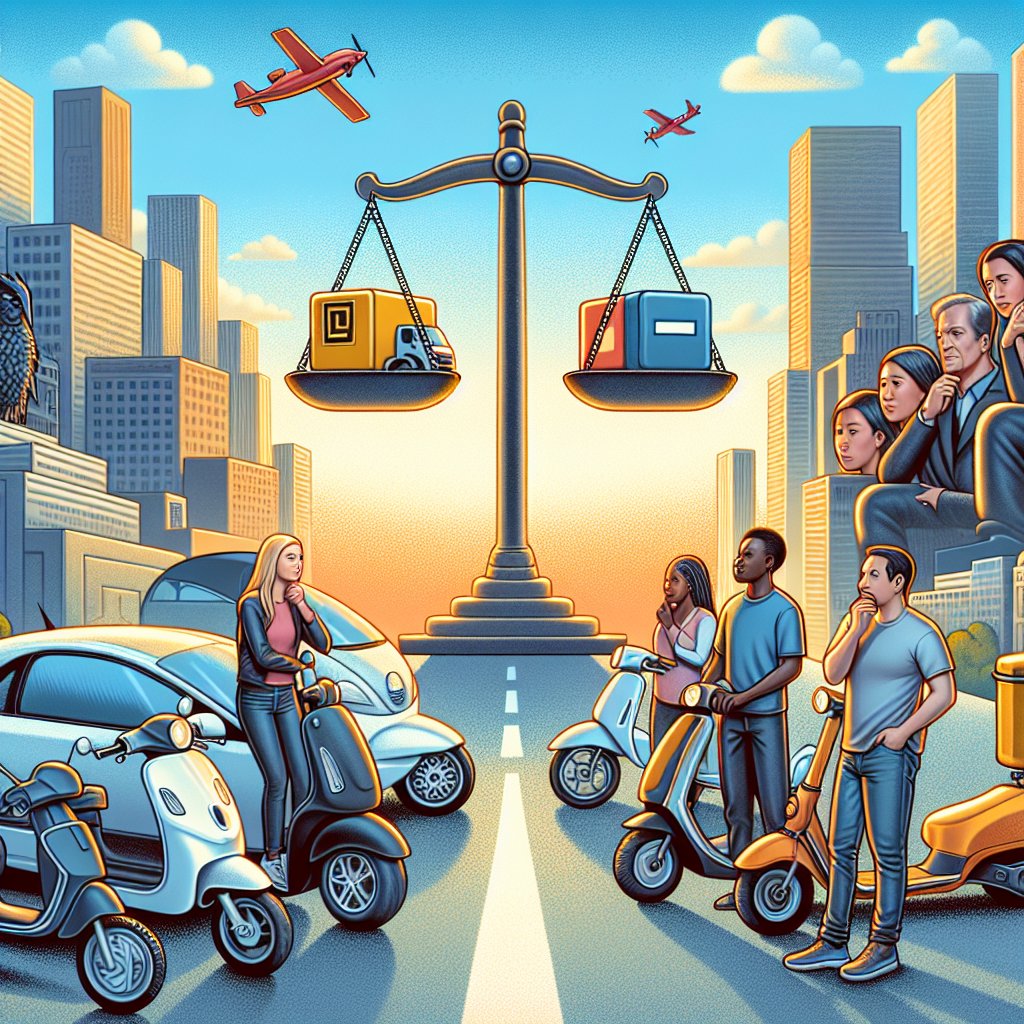Content created by AI
New Labor Department Rule Challenges Gig Economy, Aims to Protect Workers' Rights
In a significant policy shift that could redefine the landscape of the gig economy, the US Labor Department announced a new labor rule on Tuesday aimed at making it harder for companies to classify workers as independent contractors. This change is set to have considerable implications for a sector that relies heavily on gig workers for services like ridesharing and food delivery.
Under the Trump administration, guidelines were put in place that favored the classification of workers as independent contractors by emphasizing the control workers had over their jobs and their opportunities for profit or loss. However, these guidelines have been rescinded by the current Biden administration, reverting to a more traditional "multifactor analysis" to ascertain the employment status of a worker. This carries potentially higher costs for companies, as employees carry entitlements to the minimum wage, overtime pay, and other benefits and protections.
Acting Secretary of Labor Julie Su highlighted the problem of employee misclassification, calling it a serious issue that deprives workers of basic rights and leads to wage theft. The new rule thus focuses on tackling this by re-examining factors such as a worker's investment in the job, their chances for profit or loss, and the permanency of their relationship with the employer.
The gig economy companies, including Uber, Lyft, and DoorDash, have indicated varied responses to the Labor Department’s announcement. While Lyft has mentioned no immediate or direct impact on its operations, Uber indicated the change "will not impact" how its drivers are classified. Nonetheless, industry representatives like Flex have voiced concerns over the potential uncertainty that the new rule could bring.
This updated rule is part of a broader debate about the nature of work and workers’ rights in a rapidly evolving economy. It exemplifies the tension between labor protectionism and the flexibility desired by many who choose gig work for supplementary income. With its effective date set for March 11, the rule is anticipated to face legal and political challenges from companies and industry groups. It could lead to significant alterations in how companies manage labor costs and structuring, ultimately affecting the flexibility and income opportunities for gig workers.
The implications of this ruling are far-reaching, potentially affecting millions of workers across the US. The outcome of this policy change will be closely monitored by businesses, workers' advocates, and policymakers alike, as it may set a precedent for labor regulations in the modern economy. As the rule is poised to take effect, the intricate balance between labor rights and the gig economy will continue to be at the forefront of discussions about the future of work.










